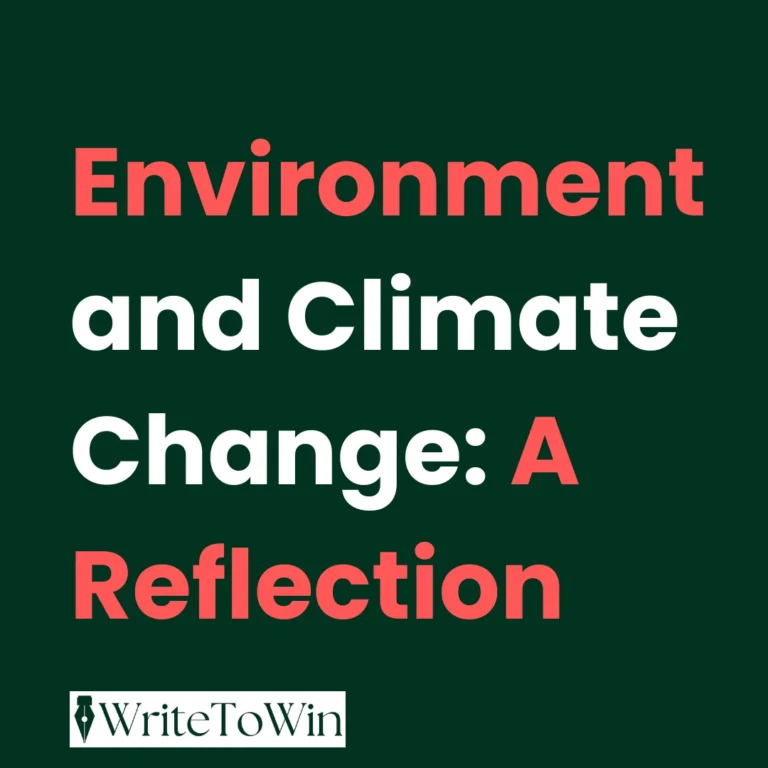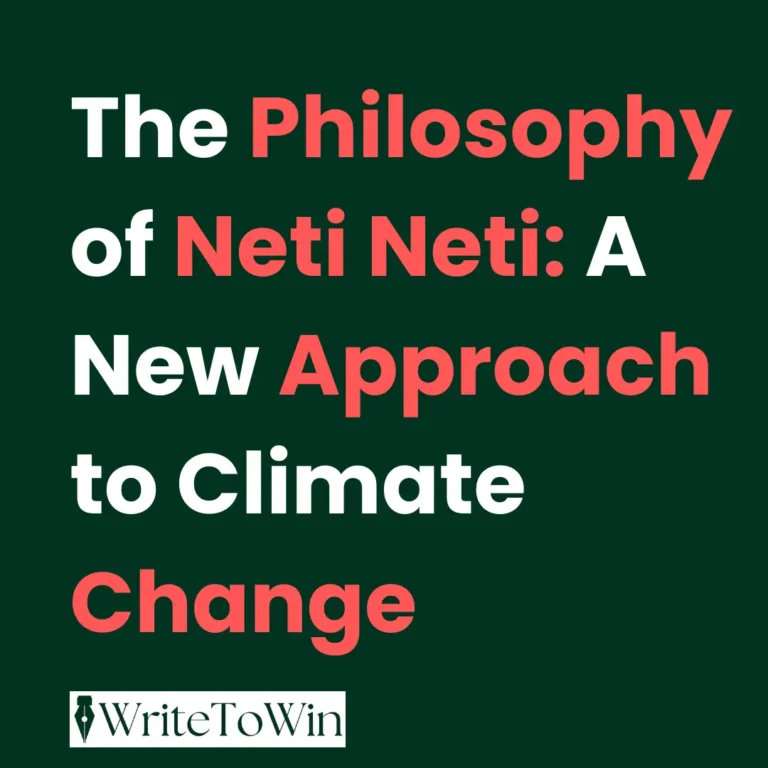As we go about our busy lives, the news about our planet’s health can often feel overwhelming. The sheer scale of challenges like climate change and pollution can make our individual efforts feel like a tiny drop in a vast ocean. But the truth is, the ocean is made of drops. The most powerful changes are born from simple, consistent actions repeated by millions of people.
You don’t need to completely overhaul your life to make a meaningful difference. By weaving a few conscious choices into your daily routine, you can be a part of the solution. Here in West Bengal, where a rich cultural heritage meets the demands of modern life, these 7 simple habits are practical, impactful, and easier to adopt than you might think.

Here are 7 Simple habits
Practice the 5-Minute Shower Rule
The Habit: Make it a daily goal to keep your shower time to around five minutes. You can even use a song as a timer.
The Impact: This simple act has a powerful two-fold effect. Firstly, it conserves a significant amount of fresh water, a precious resource across India. Secondly, it saves the energy—often generated from burning fossil fuels—required to pump and heat that water. A shorter shower reduces the load on our local water treatment facilities and lowers your electricity bill, all while cutting your carbon footprint.
Finish Your Plate: The Power of Zero Food Waste
The Habit: Be mindful of the food you cook and serve. Take only what you can eat, and make a conscious effort to finish everything on your plate. Get creative with leftovers!
The Impact: When we waste food, we also waste the immense resources used to produce it: the water for irrigation, the land for farming, and the energy for transport. When food scraps end up in a landfill, they decompose and release methane, a greenhouse gas far more potent than carbon dioxide. Honouring our food, a value deeply ingrained in Indian culture, is a powerful act of environmental stewardship.
Carry Your "Trinity": Reusable Bottle, Bag, and Cup
The Habit: Before you leave your home in New Town or anywhere else, do a quick check for your “trinity”: a reusable water bottle, a foldable shopping bag, and—if you enjoy tea or coffee on the go—a reusable cup.
The Impact: This habit is your frontline defence against single-use plastic pollution. It’s a direct way to reduce the number of plastic bottles, bags, and cups that clog our drains, pollute our streets, and threaten waterways like the Hooghly River. It’s a visible, tangible commitment to a cleaner community.
Unplug "Phantom" Electronics
The Habit: Make it a final check before leaving a room or going to bed: unplug chargers, the TV, the microwave, and other appliances from the wall socket.
The Impact: Many modern electronics draw power even when they are turned off. This is known as “phantom load” or “vampire power.” While it seems small, this constant trickle of electricity adds up significantly over time across millions of households. Unplugging these devices is a zero-cost way to reduce energy consumption, lower your electricity bill from the WBSEDCL, and ease the burden on our state’s power grid.
Dedicate One Meal a Day to Be Plant-Based
The Habit: You don’t have to go fully vegetarian or vegan to make a difference. Simply commit to making one of your daily meals—be it breakfast, lunch, or dinner—entirely plant-based.
The Impact: The livestock industry has a disproportionately large environmental footprint, requiring vast amounts of land, water, and feed. By swapping one meal for a plant-based alternative, you significantly reduce your personal carbon, water, and land-use footprint. Fortunately, with West Bengal’s rich tradition of vegetable dishes like shukto, chorchori, and the universal appeal of dal and sabzi, this habit is both delicious and incredibly easy to adopt.
Choose Digital Over Paper Where Possible
The Habit: In today’s hyper-connected world, go paperless wherever you can. Opt for e-bills from your utility providers, read the news on a digital app, and use digital tickets for movies and travel.
The Impact: Reducing your paper consumption helps decrease the demand for logging, preserving our forests, which act as the planet’s lungs by absorbing CO₂. It also saves an enormous amount of energy and water used in the paper manufacturing process. With the widespread use of UPI and digital services in India, this is one of the most convenient green habits to adopt.
Adopt a "One-Trip" Mindset for Errands
The Habit: Before you head out, take two minutes to plan. Consolidate your errands—the grocery store, the bank, the chemist—into a single, efficient trip rather than making multiple separate journeys.
The Impact: This simple planning habit directly reduces the amount of petrol or diesel you burn. It means fewer vehicle emissions contributing to the air pollution that affects our cities and a lower personal carbon footprint. As a bonus, you’ll also save time, money on fuel, and the stress of navigating traffic multiple times.
Conclusion: Small Habits, Mighty Impact
The journey to a healthier planet is not a sprint; it’s a marathon made up of countless small, intentional steps. Don’t feel pressured to adopt all these habits at once. Choose one that resonates with you and make it a part of your daily life. By embracing these simple routines, you are not just helping the planet—you are joining a global movement of conscious citizens who understand that our collective daily choices are what will shape a better, more sustainable tomorrow.

Saket Sambhav is the founder of WriteToWin, India’s premier environmental writing competition for school students. A legal professional and DBA candidate in sustainability, he launched WriteToWin to shift generational mindsets – empowering students to make conscious choices and protect the planet. He also mentors young eco-entrepreneurs, nurturing the next wave of climate leaders.







